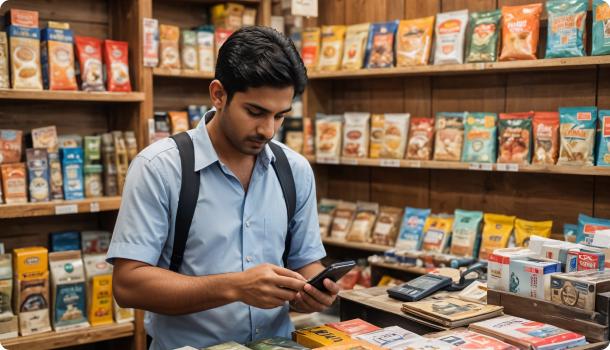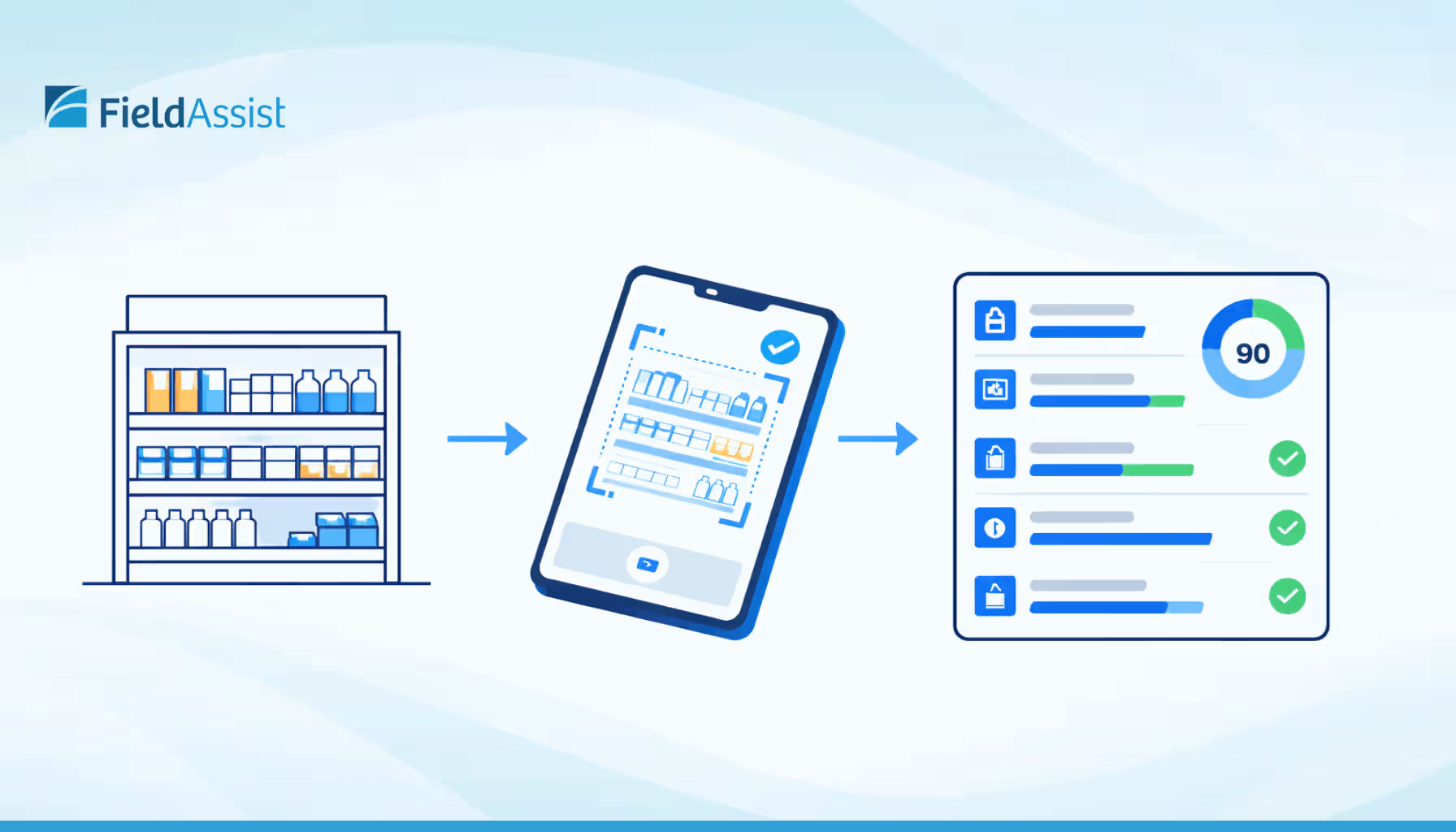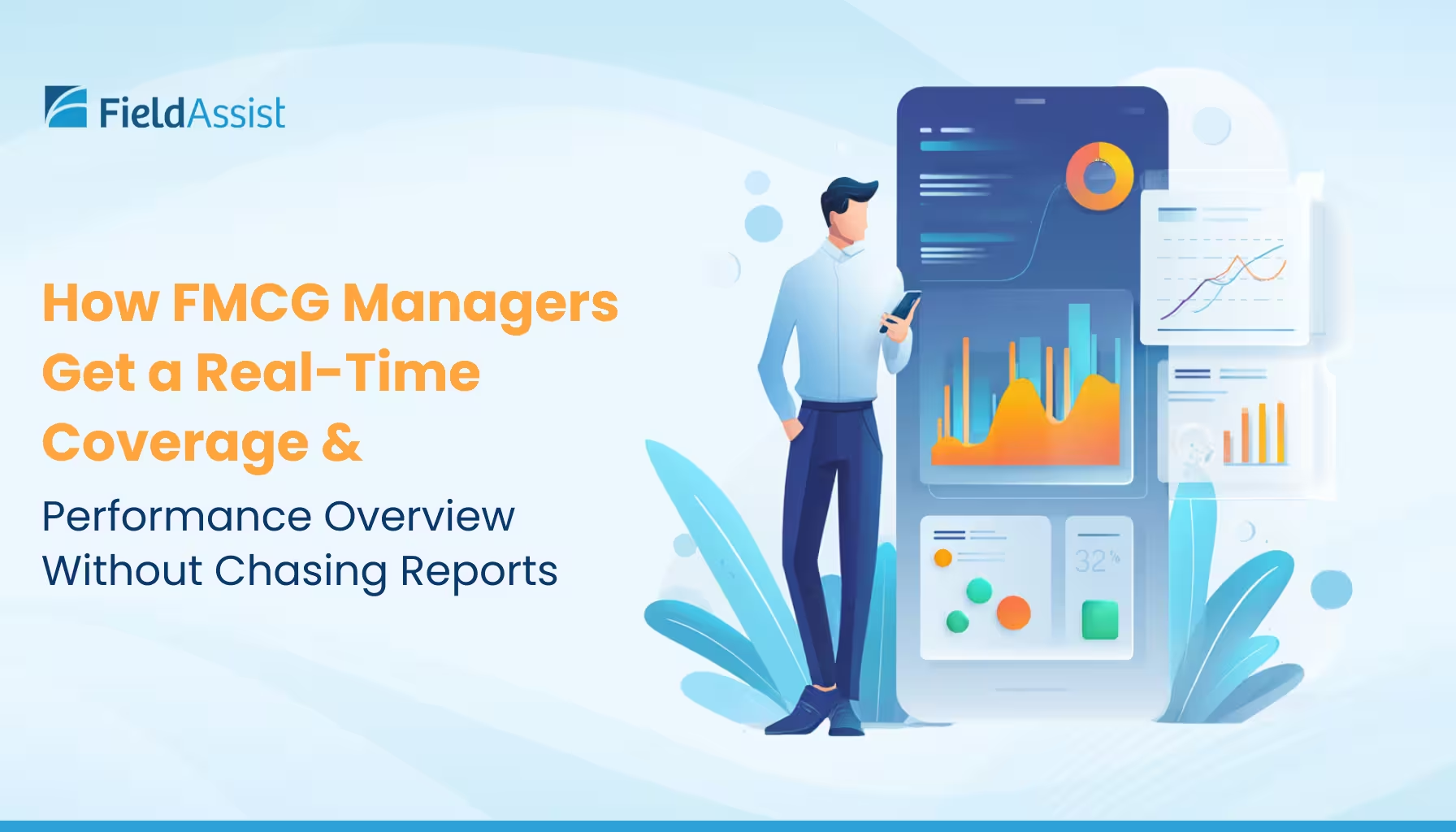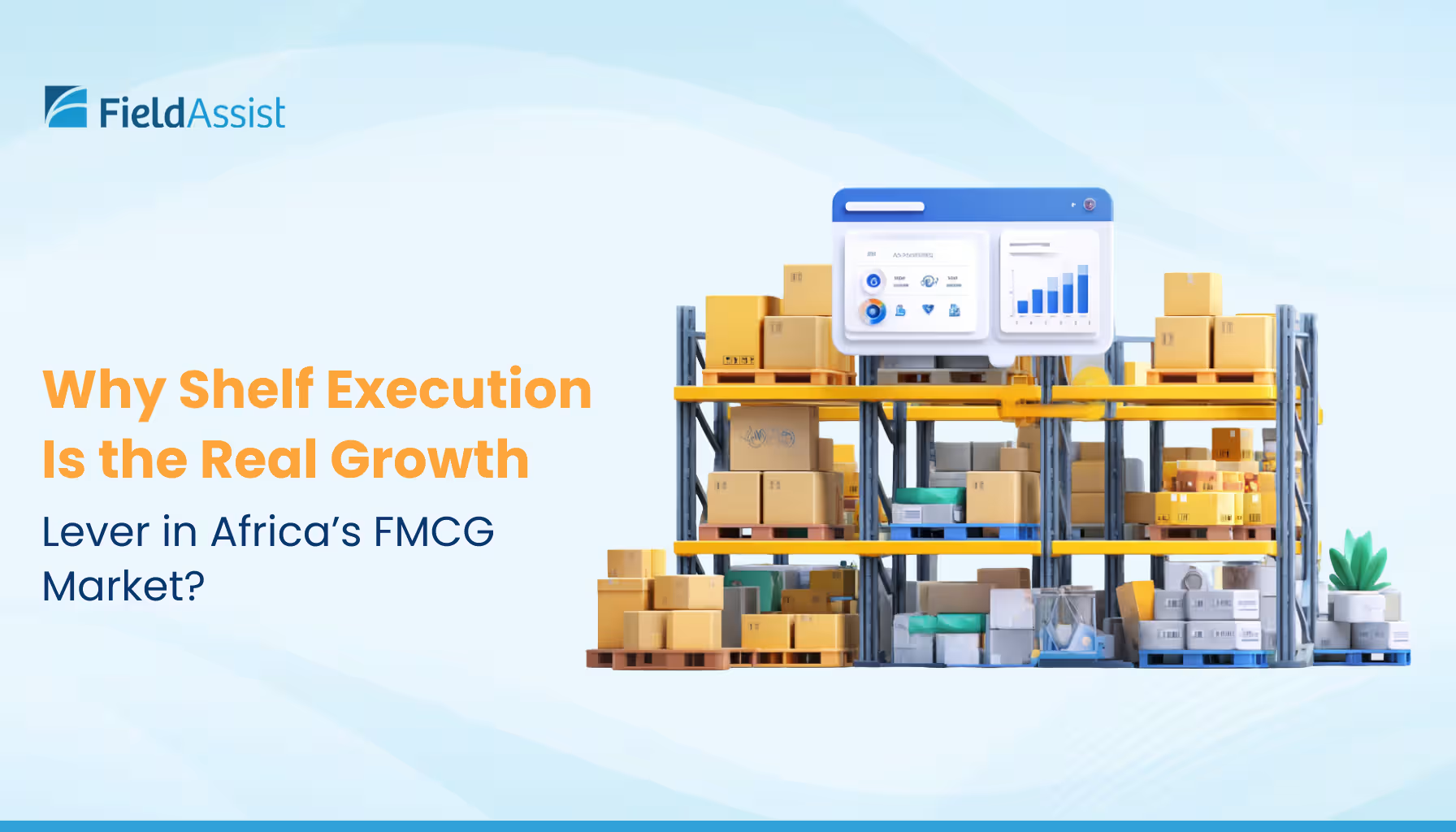The Role of Sales Representatives in Achieving the Perfect Store
Examines how empowered sales reps act as the final link in translating strategy into flawless in-store execution.

In the fast-paced world of retail, sales success depends on precision, visibility, and speed. Field teams face immense pressure to achieve perfect store execution while managing hundreds of outlets, diverse retailers, and constant competition. Manual processes often slow them down, making it difficult to maintain consistency and efficiency at scale.
That’s where technology steps in. Modern tools, such as sales tracking apps, automation platforms, and image recognition systems, empower sales representatives to work smarter, not harder. These solutions simplify execution, provide real-time visibility, and ensure every store meets brand standards driving faster decisions and stronger market performance.
What Is a Sales Representative?
A sales representative is the bridge between a brand and the market. In the retail ecosystem, sales reps are responsible for visiting outlets, maintaining relationships with retailers, collecting orders, ensuring product availability, and executing visual merchandising plans. They are the eyes and ears of the company on the ground, directly influencing how effectively a product reaches consumers and how consistently it performs on the shelves.
In today’s data-driven retail environment, their work goes beyond simply booking orders. Modern field representatives operate through digital tools like a sales rep app, which helps them plan beats, capture orders, upload store images, and monitor competitor activities, all in real time.
Role of Sales Representatives in Achieving the Perfect Store
The concept of a Perfect Store is about flawless in-store execution, ensuring the right product, right place, right price, and right visibility. To achieve this, sales representatives play a critical role at every stage of retail execution.
- Ensuring Product Availability
Reps make sure that every outlet is adequately stocked and that fast-moving SKUs never run out. This ensures consistent availability and improves sales velocity. - Maintaining Display Standards
Through perfect store tracking, reps verify that planograms, shelf facings, and promotional materials are implemented exactly as per brand guidelines. A perfect display attracts customer attention and drives impulse purchases. - Capturing Market Insights
Reps gather data about competitor products, pricing, and retailer feedback. This information, recorded via a sales rep tracking app, becomes invaluable for marketing and trade strategy teams to make quick adjustments. - Order Collection and Reporting
Each visit contributes to a sales report that reflects daily performance including orders taken, outlets visited, and issues resolved. These insights help managers track field efficiency and identify growth opportunities. - Data Driven Execution
Using automation tools and a sales tracking app, reps can measure their own progress against targets, monitor outlet coverage, and identify which stores need attention. This proactive visibility ensures continuous improvement in field performance and contributes directly to achieving a perfect store.
What are the Key Characteristics of an Effective Sales Representative?To achieve high execution standards, hiring the right people is just as important as using the right technology. The best sales representatives share certain core traits that make them indispensable to brand success.- Strong Communication Skills: They can influence retailers and ensure brand visibility in every outlet.
- Market Awareness: They understand product demand, competitor activity, and retailer behavior.
- Discipline and Consistency. They follow beat plans accurately and ensure every visit adds value.
- Data Orientation: They are comfortable using digital tools like a sales rep tracking platform to log performance, upload store images, and report challenges.
- Adaptability: They can handle dynamic retail environments, shifting consumer trends, and evolving sales targets.
- Integrity and Accountability: They represent the brand responsibly, ensuring every store interaction upholds company values.
What are the Challenges Faced by Sales Representatives?
1. Optimized Product Assortment
A perfect store ensures the right products are available in the right place at the right time. To achieve this, sales representatives must gather on-ground insights on customer preferences, local demand, and pricing trends.
With a sales rep app, they can analyze product performance, identify high-potential SKUs, and manage “share of shelf” to maximize sales. An integrated sales tracking app also helps monitor inventory levels in real time, preventing costly stock-outs and ensuring better availability across stores.
2. Personalized Relationships and Promotions
Every retailer is unique. Building strong relationships with store owners is essential for long-term success. Effective sales rep tracking enables managers to analyze visit frequency and the quality of engagement across stores.
Using insights from the sales rep tracking app, reps can tailor product recommendations and promotions based on each store’s customer profile. Regular updates through the sales report further help measure engagement effectiveness and ensure every visit drives real value for both the retailer and the brand.
3. Consistency Across Stores
Maintaining uniform execution across hundreds of outlets is one of the biggest challenges in retail. Each store has different layouts and display constraints, making standardization difficult.
Modern tools like a sales rep tracking app help monitor planogram adherence, capture store images, and ensure brand guidelines are followed. With proper training and insights from a sales tracking app, sales teams can identify execution gaps faster, improve product visibility, and maintain consistency in every outlet.
Technology Solutions to Support Sales Representatives:
Manually achieving perfect store execution across multiple outlets can be challenging, time-consuming, and error-prone. Leveraging technology helps simplify these processes, accelerate route-to-market (RTM), and empower sales reps to perform more effectively in the field. Below are key technology solutions that support smarter retail execution and consistent perfect store tracking.
1. Task Management Systems
Robust task management tools help sales representatives plan and execute daily responsibilities efficiently. They provide tailored, store-specific action plans that guide field users toward achieving key merchandising and sales objectives.
- Company-Wide Coordination: Centralized dashboards ensure seamless collaboration between field teams and management, aligning everyone with company goals.
- Sales Rep Efficiency: Using automation, reps can prioritize store visits, complete assigned tasks, and share updates in real time, improving productivity and accountability.
- Performance Insights: Real-time data enables managers to assess performance, identify improvement areas, and allocate resources strategically.
By automating routine processes, these systems ensure that store compliance, promotions, and customer interactions are executed on time and with precision.
2. Image Recognition Technology
Image recognition has become one of the most powerful tools for achieving the perfect store. Scanning retail shelves it helps track SKU availability, monitor stock-outs, and ensure merchandising compliance. Real-time visibility into shelf share, assortment, and product placement allows sales rep tracking teams to make informed decisions and optimize retail execution instantly.
This technology also identifies competitor placements and visibility gaps, helping brands recover lost shelf space and strengthen their in-store presence.
3. Point-of-Sale (POS) Systems
A POS system enables smooth, transparent transactions and delivers valuable real-time insights into sales, inventory, and customer behavior. By integrating loyalty programs and customer data analytics, brands can personalize promotions and increase repeat purchases.
These insights also feed directly into broader sales reports, giving both sales managers and store owners better visibility into buying trends, best-performing SKUs, and areas requiring intervention.
4. Mobile Apps for Sales Reps
A mobile-first approach is essential for on-ground agility. A sales rep tracking app or sales tracking app equips field teams with all the information they need from beat plans and inventory details to promotions and retailer feedback right at their fingertips.
These apps enable sales reps to:
- Capture, store images, and orders in real time.
- Communicate instantly with area sales managers.
- Access live dashboards showing target vs. achievement progress.
By providing real-time insights, mobile apps transform field operations from manual and reactive to connected and insight-driven.
Conclusion
In today’s competitive retail landscape, success depends on how efficiently your sales force executes on the ground. By combining smart technology with field discipline, brands can empower their sales reps to deliver consistent, data-driven, and impactful results. From tracking performance to improving store visibility, automation ensures every outlet moves closer to the perfect store experience.
Ready to transform your retail execution?
Book a demo today!







